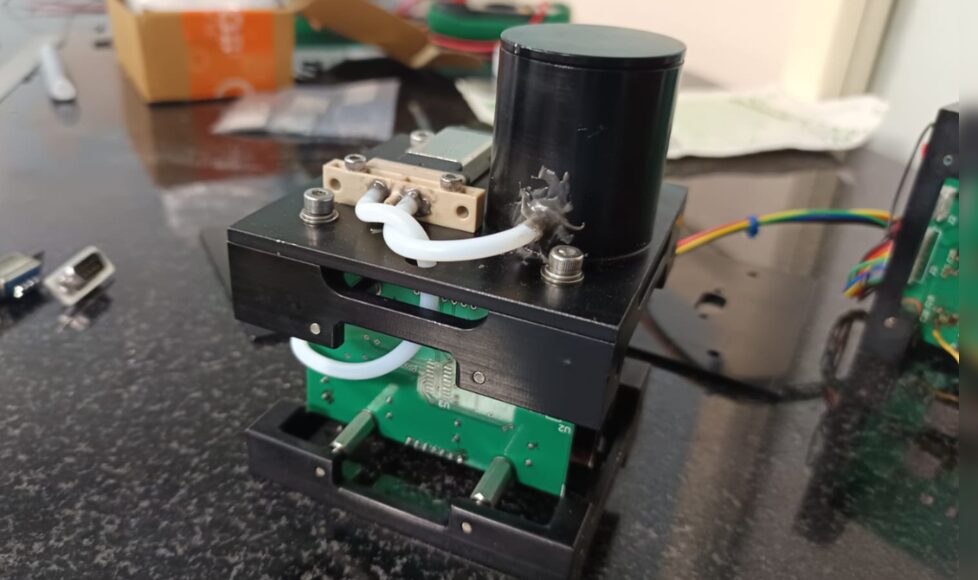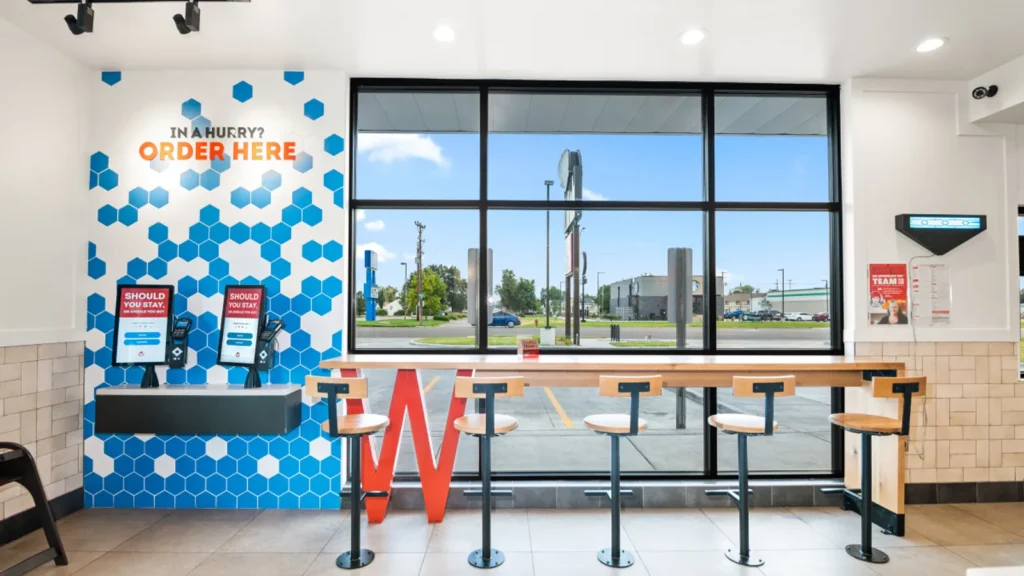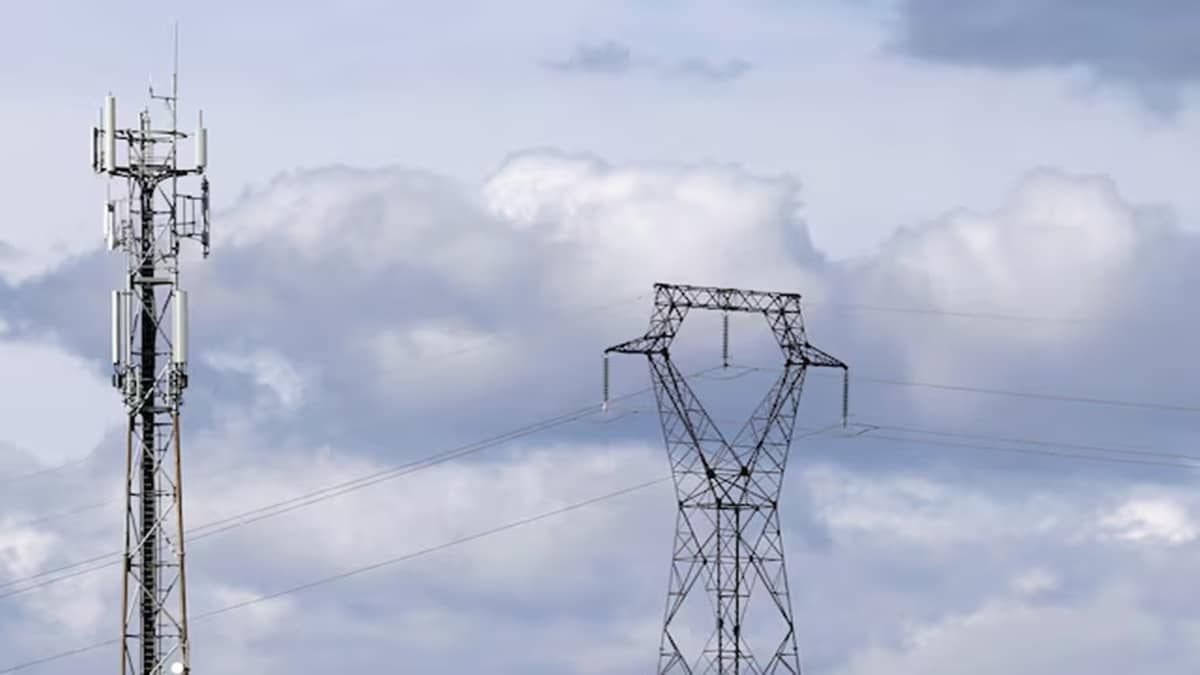Now Reading: India’s Student-Built Nanosat to Study Astronaut Health
-
01
India’s Student-Built Nanosat to Study Astronaut Health
India’s Student-Built Nanosat to Study Astronaut Health

India’s First Space Bacteria Mission
India has launched its first microbiological nanosatellite, RVSAT-1. Students in Bengaluru designed and built it. RV College of Engineering students are behind this project. The satellite launched on Isro’s PSLV C-60 last December. The SPADEX/POEM-4 mission will study gut bacteria in space.
Dream Launch Fulfilled
Team Antariksh thinks RVSAT-1 is a huge step. They see it as "a leap into space exploration’s future.” Successful tests boosted their confidence. These tests made their space dream closer. Last December 30th, RVSAT-1 launched from Sriharikota!
Why Gut Bacteria in Space?
Our gut bacteria is vital for health. It aids digestion and boosts our immune system. Therefore, learning about gut bacteria in space is crucial. This knowledge will help Isro ensure astronaut health on space missions.
Short Mission, Big Data
H Nandish, a student on the project, explained the mission’s short duration: three days. “We collected lots of data quickly,” he said. The study aimed to measure growth of Bacteroides thetaiotaomicron in space. They wanted to understand its behavior in zero gravity. Furthermore, the data helps space medicine and Earth applications. These include waste recycling and fighting antibiotic resistance. Also, it will help Isro keep astronauts healthy during long missions.
Sharing the Findings
Nandish mentioned their plan to publish a research paper. They will make the data public for everyone. This is for Isro, universities, and other interested parties. He added, "The data will primarily aid astronaut health, waste management, and antibiotic development."
Measuring Growth in Space
Aditi Arun, project manager, described how they measure bacteria growth. "We plot the bacterial growth curve using optical density," she stated. This method quantitatively measures changes in growth in space.
Challenges in Miniaturization
Developing RVSAT-1 proved challenging. Miniaturizing lab equipment was a major hurdle. Team Antariksh had to fit incubators and spectrophotometers into a small 2-U satellite. However, their innovative design overcame this. It used a microfluidic system and a precise optical system.
Rigorous Testing for Space Readiness
The payload experiment is unique. It combines bacterial growth analysis with prebiotic use. This promises insights for astronaut gut health. However, RVSAT-1’s development had uncertain times. Rigorous testing was necessary. Precision and performance were essential. Each test simulated harsh space conditions. These included thermal vacuum, vibration, shock, and EMI. The tests pushed the payload to its limits.
Triumph of Teamwork and Innovation
Beyond technical wins, RVSAT-1 represents more. It symbolizes the strength of collaboration. Furthermore, it shows the boundless possibilities of student innovation.























